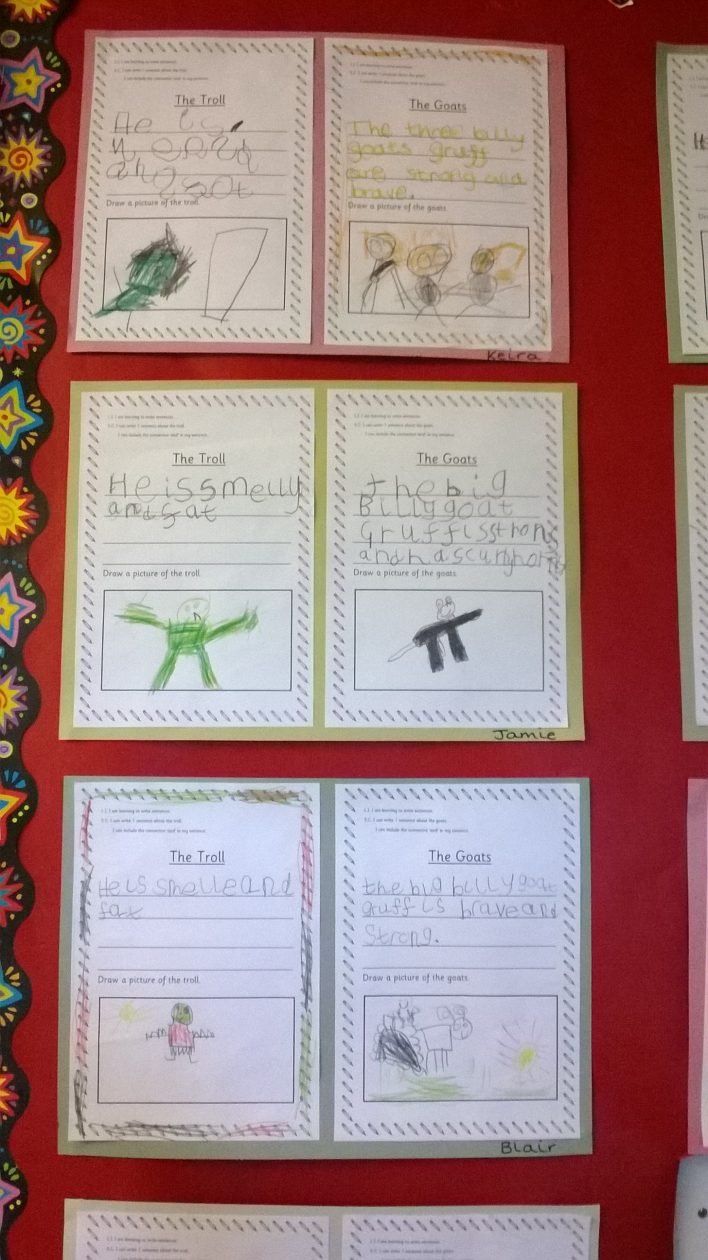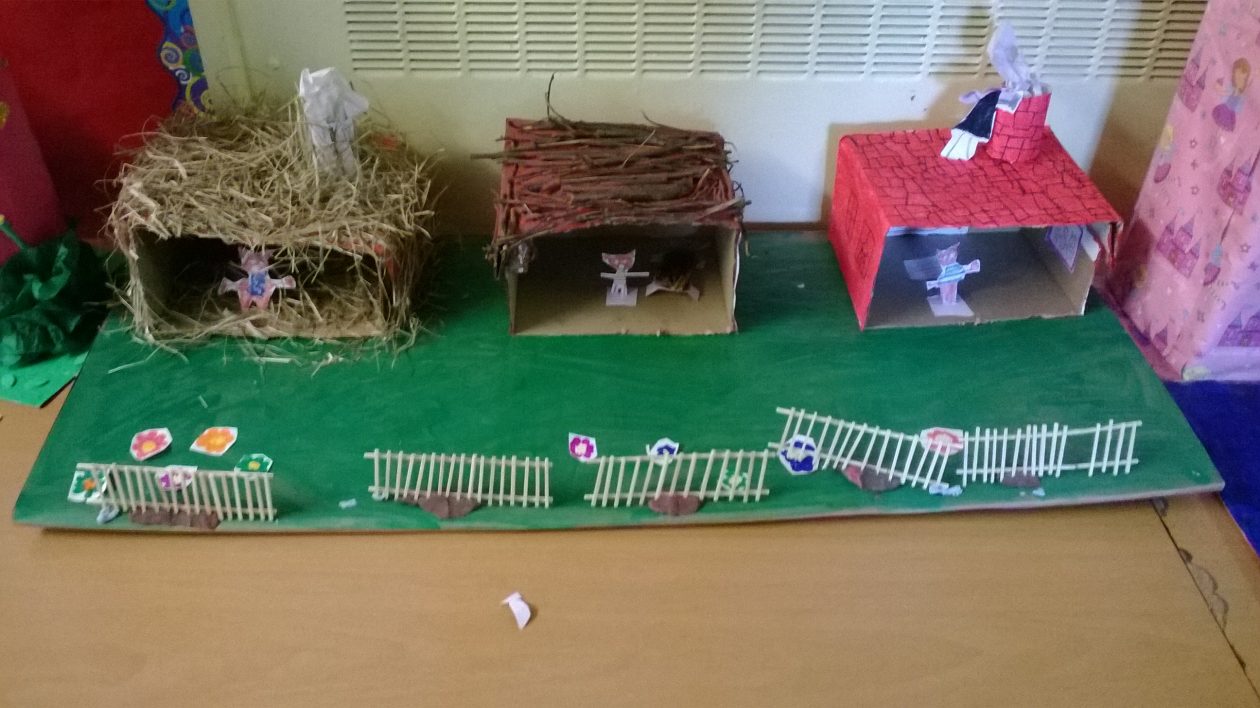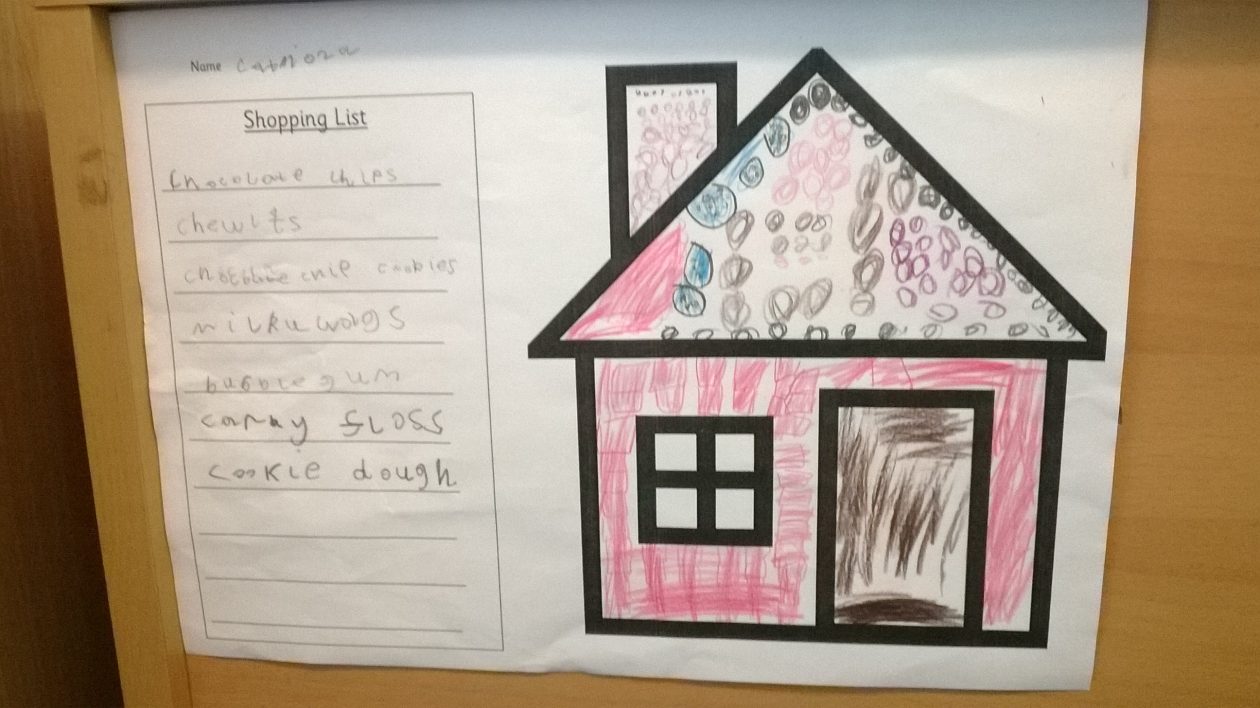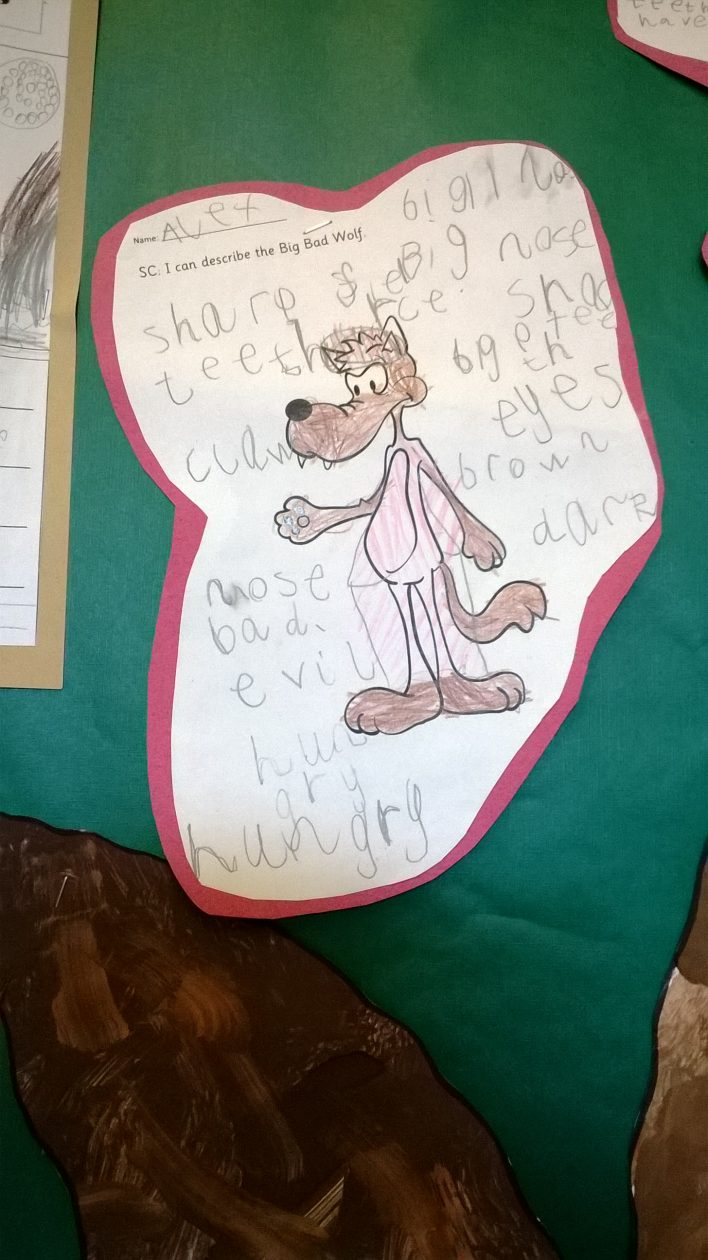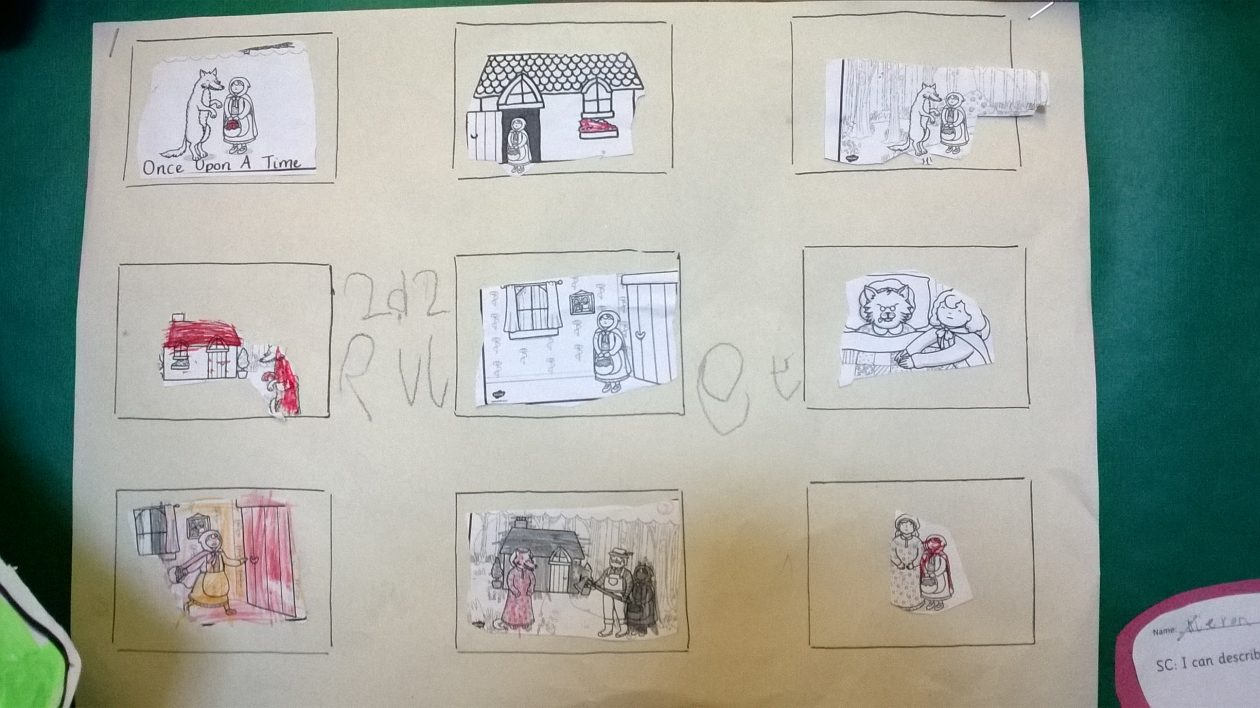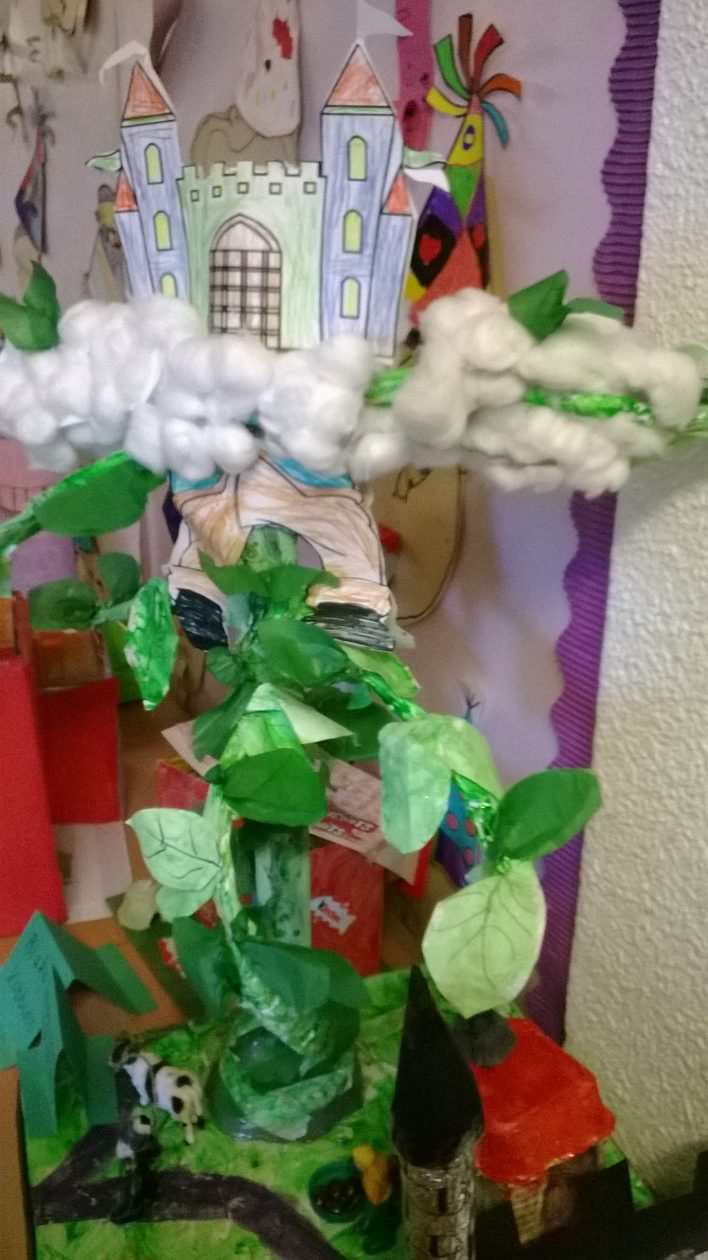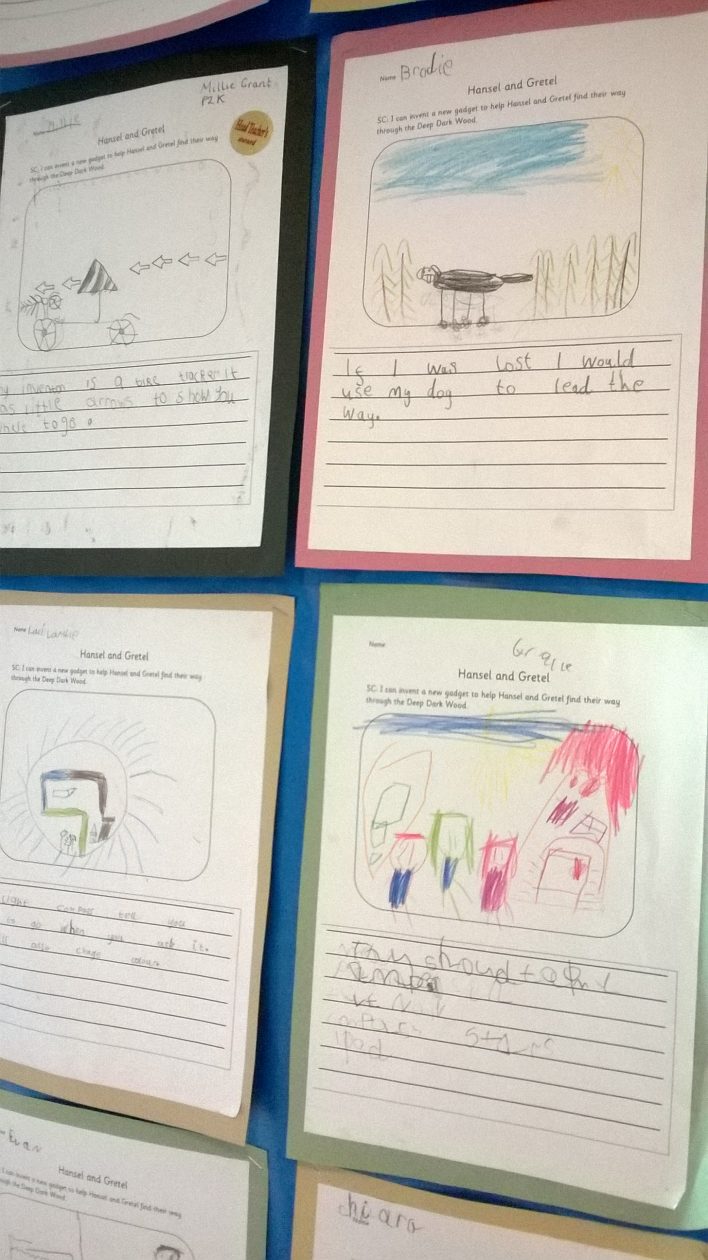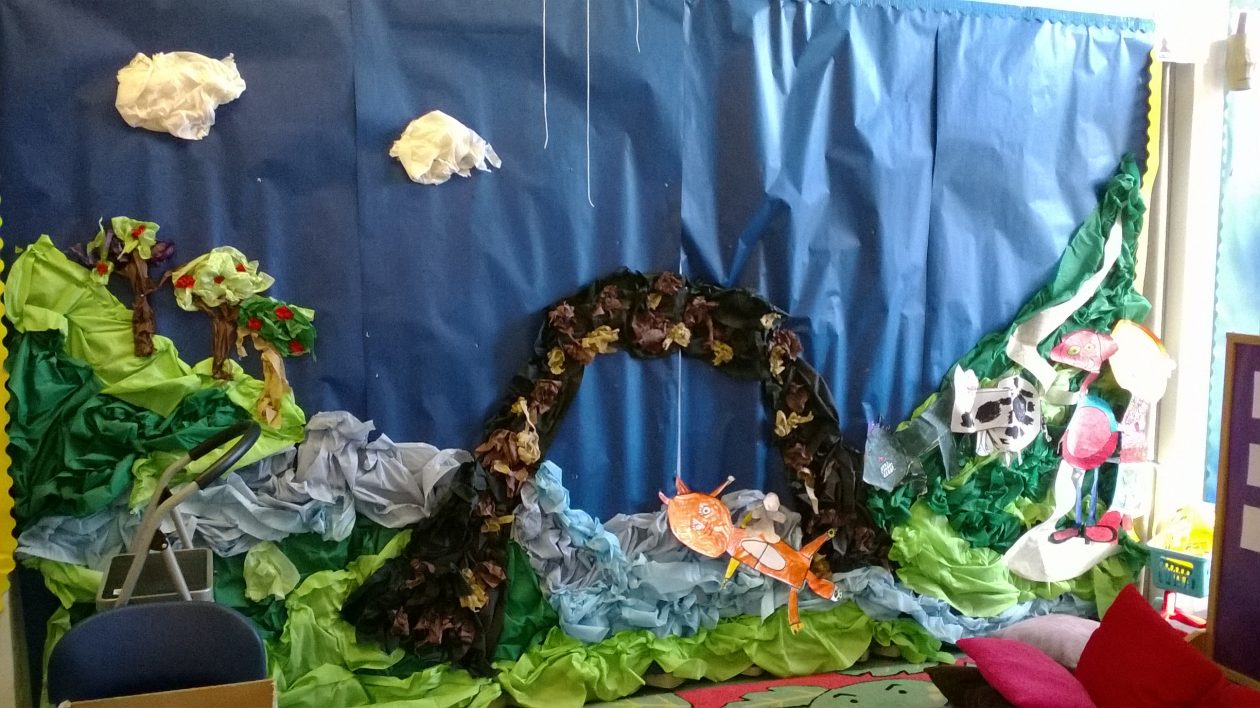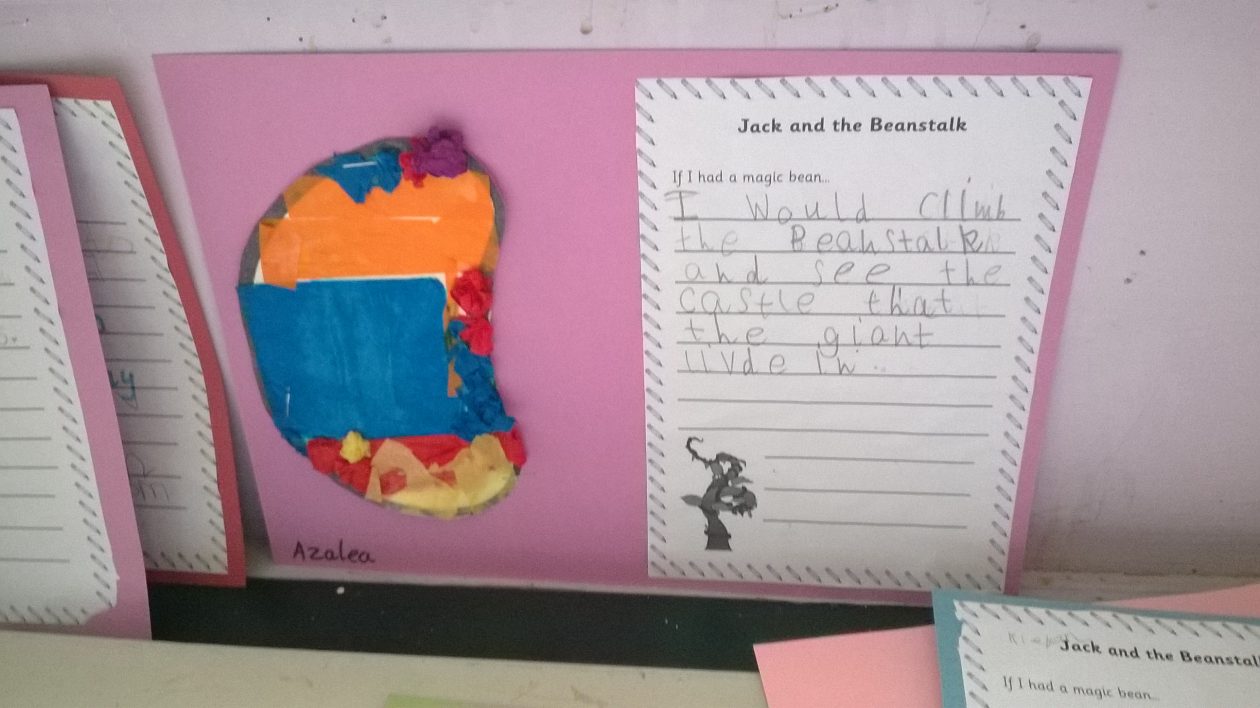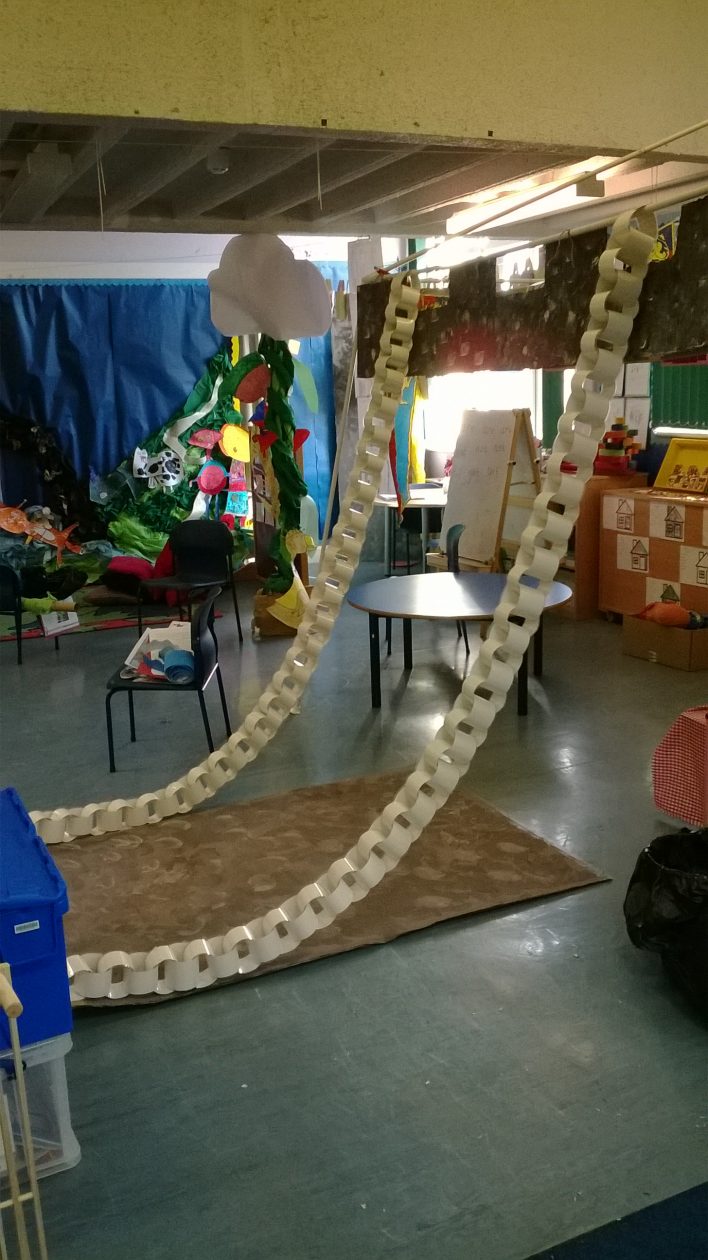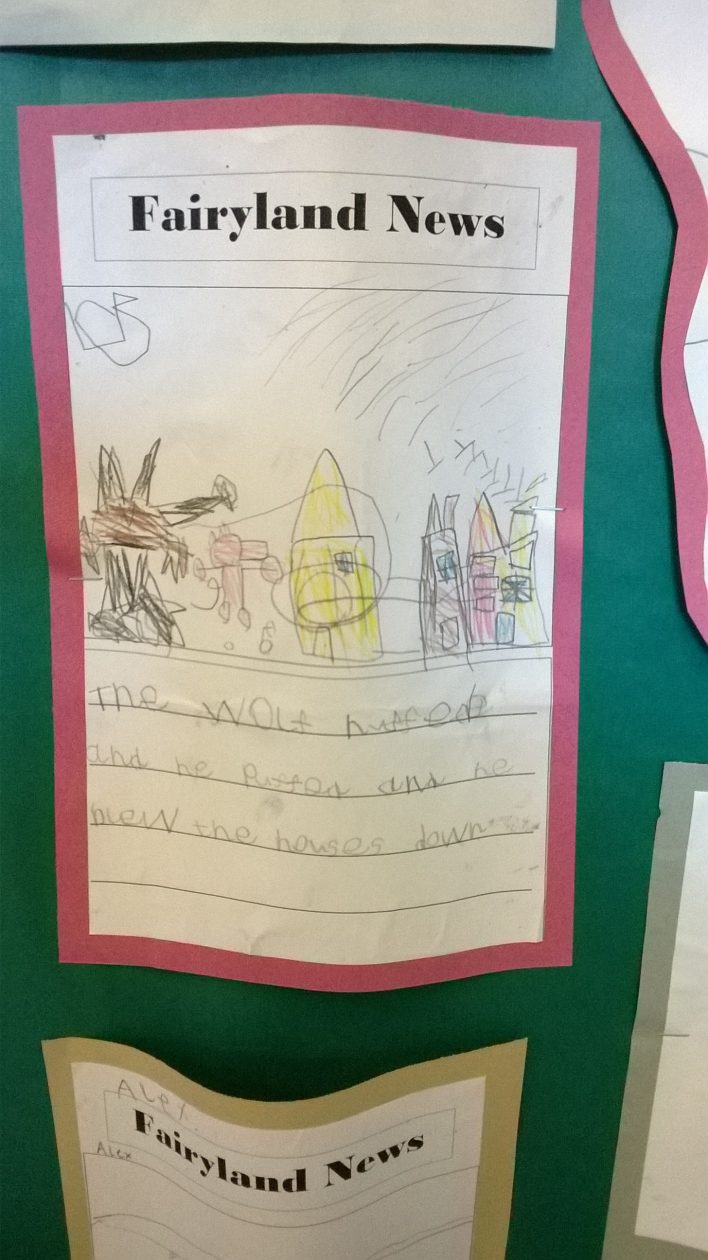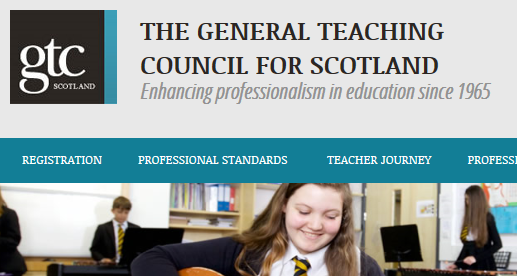 Yvonne McBlain has been working with probationer support team colleagues and colleagues in schools for the last 4 years to promote practitioner enquiry as an integral element of good practice. Practitioner Enquiry has been a mandatory part of each professional standard defined by the General Teaching Council for Scotland since 2012 – click here to visit their site.
Yvonne McBlain has been working with probationer support team colleagues and colleagues in schools for the last 4 years to promote practitioner enquiry as an integral element of good practice. Practitioner Enquiry has been a mandatory part of each professional standard defined by the General Teaching Council for Scotland since 2012 – click here to visit their site.
Stephanie Ross, class teacher at St Andrew’s Primary School, and Susan McCudden, class teacher at Denny High School act as “critical friends” for teacher colleagues across Scotland with the Scottish College for Educational Leadership programme. They are passionate advocates for the positive impact practitioner enquiry has on pedagogy, and on pupil attainment and achievement, and Yvonne is delighted that they would like to take on a supporting role across our authority. Click here to find out more about practitioner enquiry and SCEL, and here to visit the practitioner enquiry section of GTCS website. GTCS enable access to reading and research materials for enquiry projects which were previously tricky to get, and have also created a collection of teacher research projects (enquiries) via their Education Hub which can be accessed here with your GTCS log in details.
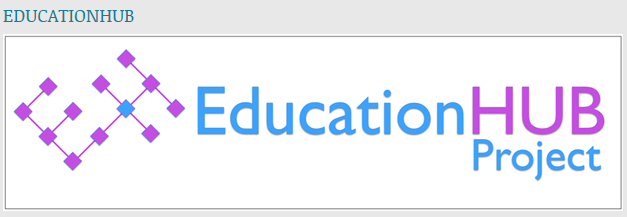
Stephanie and Susan will work with Yvonne to deliver an information session about practitioner enquiry on 15th March 4.15-5.15 (CPD Manager Falkirk code YMc 1-18. Below, they introduce their own journeys so far with practitioner enquiry.
Stephanie writes:
My first experience of practitioner enquiry was at the end of my undergraduate degree when it took the place of the traditional dissertation approach. Following this I then had another chance to partake in an enquiring approach during my masters degree. Both of these experiences were very positive, I felt empowered and satisfied by having the freedom to delve into issues that mattered to me and the learners in my classroom. I see practitioner enquiry as a truly authentic form of CLPL as it enables you to evidence and actively lead productive change in teaching and learning on a continual basis.
Although valuable, both of these initial experiences were relatively isolated and formal. So as a class teacher I then became intrigued as to how to integrate this process into the everyday fabric of the classroom and utilise what I have done to help others to develop a manageable enquiring approach. As a result I came into contact with SCEL and became a ‘critical friend’ on their Teacher Leadership Program. Afterwards I also attended a two day ‘Supporting Teacher Leadership’ conference. Both of these were a great opportunity to share how practitioner enquiry is being approached across authorities and develop my understanding of enquiry in the classroom.
As practitioner enquiry is built so firmly into the GTCS standards I feel it is important that teachers are appropriately supported in building knowledge and confidence of the enquiring approach. This has furthered my enthusiasm to support others and I am looking forward to developing this process alongside other colleagues. 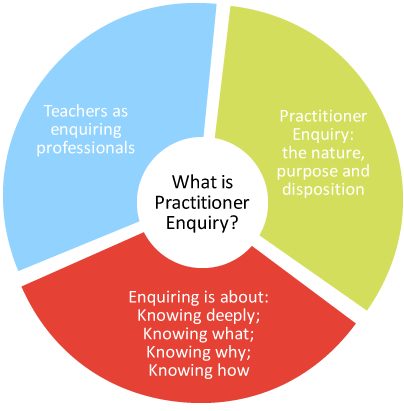
Susan adds:
My experience of practitioner enquiry has been through the programmes offered by SCEL. In July 2016 I applied to take part in the Teacher Leadership Prototype Programme- I had only ever heard of practitioner enquiry as a project carried out by Falkirk Council probationers, so I didn’t really know what I was signing up for. The programme led me through the process of carrying out a practitioner enquiry and allowed me to engage with other teachers from across Scotland- we kept weekly blogs and had online tutorials about our progress. For me, the best part of the practitioner enquiry was the fact that it gave me control of my own professional learning and allowed me to spend my CPD time on work that would directly inform my practice. I had complete ownership of my own enquiry and learned a lot from other people through reading their blog entries and engaging in online discussions.
At the end of the programme, I was invited to be a critical friend and have supported participants this year by coaching them through their own enquiry. I have thoroughly enjoyed this process and have been excited to work with a group practitioners who are enthusiastic and committed to professional excellence.
Like Stephanie, I attended SCEL’S ‘Supporting Teacher Leadership’ conference in January 2018, where I learned even more about the fundamental importance of practitioner enquiry- not just in terms of our CPD but also in fulfilling the GTCS standards that are so important in delivering the high quality teaching and learning that our pupils deserve.
I found practitioner enquiry to be extremely worthwhile and enjoyable and I was able to fit my work into my classroom practice really easily. I hope to inspire others to adopt this approach to CLPL and look forward to learning more from colleagues in the process.
Susan and Stephanie have kindly provided the links to the Teacher Leadership video below, and this link to SCEL’s online learning space for developing teacher leadership.
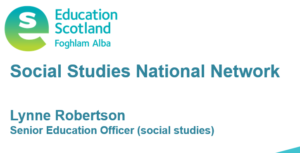 The following information, resource links and opportunities were shared at the latest National Social studies network meeting by Senior Education Officer Lynne Robertson, Education Scotland.
The following information, resource links and opportunities were shared at the latest National Social studies network meeting by Senior Education Officer Lynne Robertson, Education Scotland.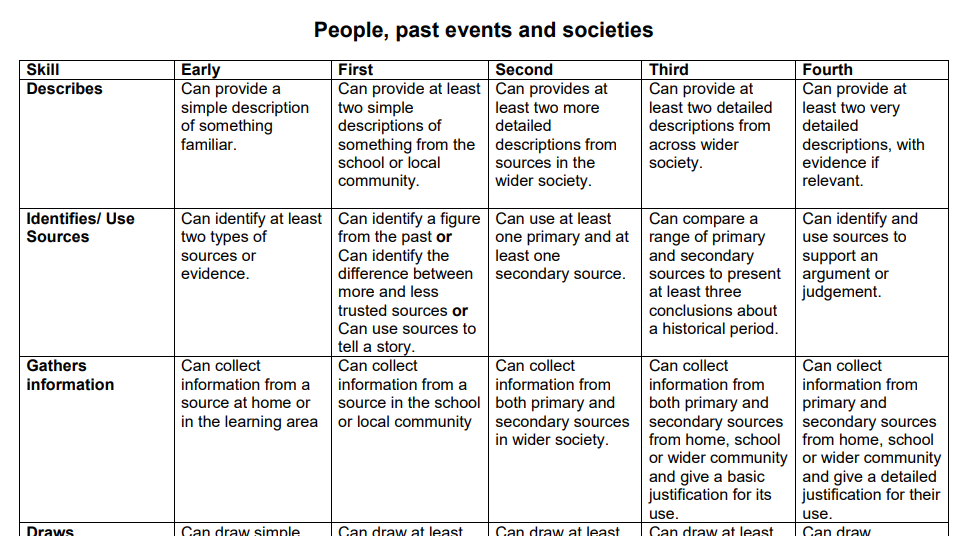
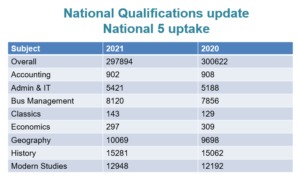
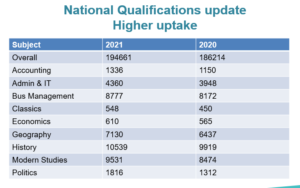

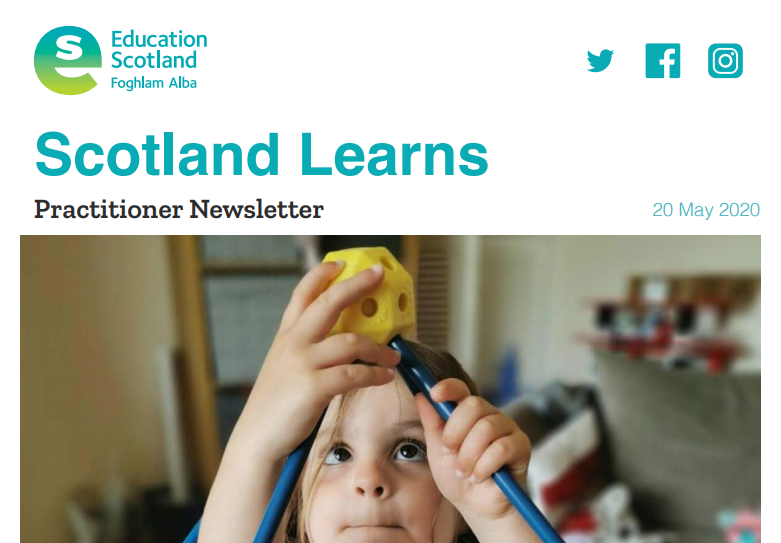
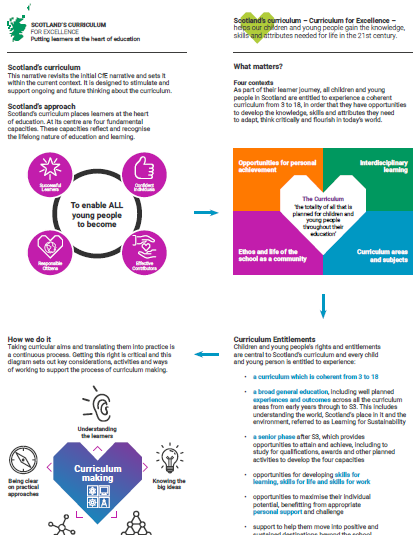
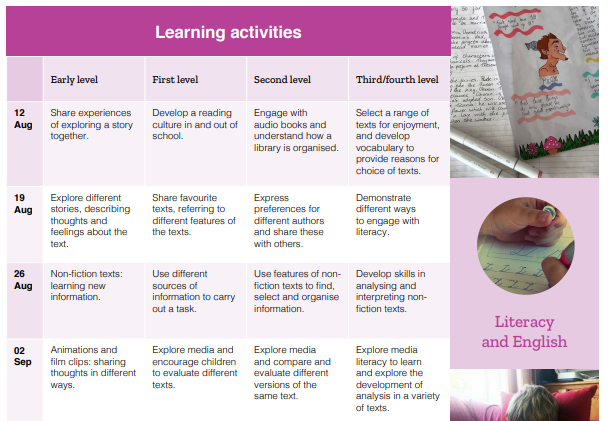
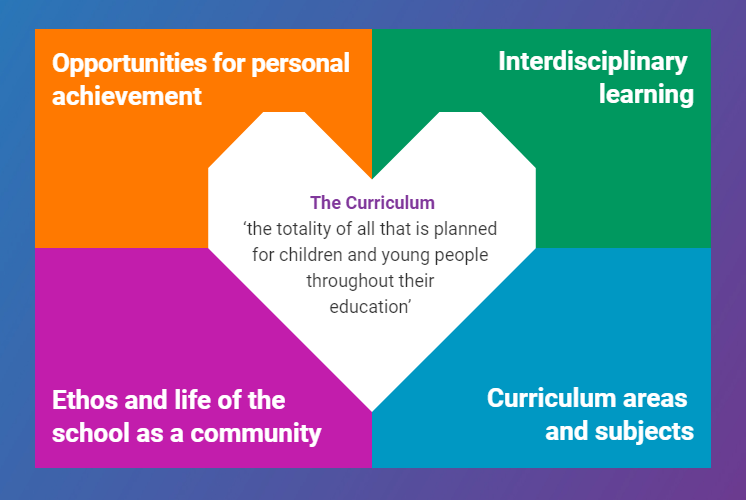


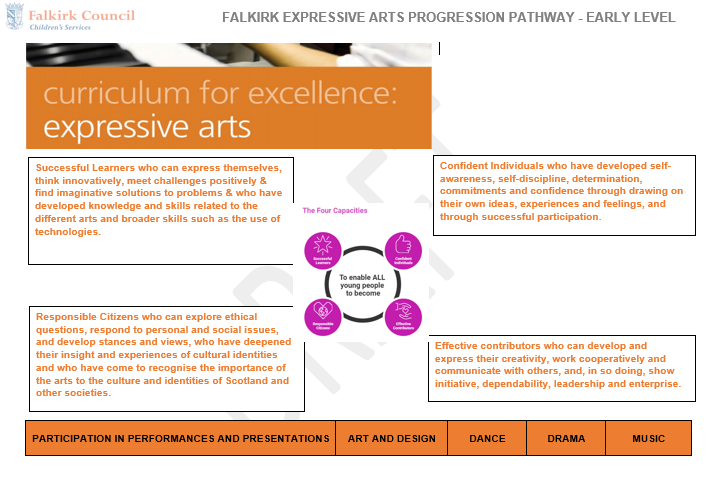



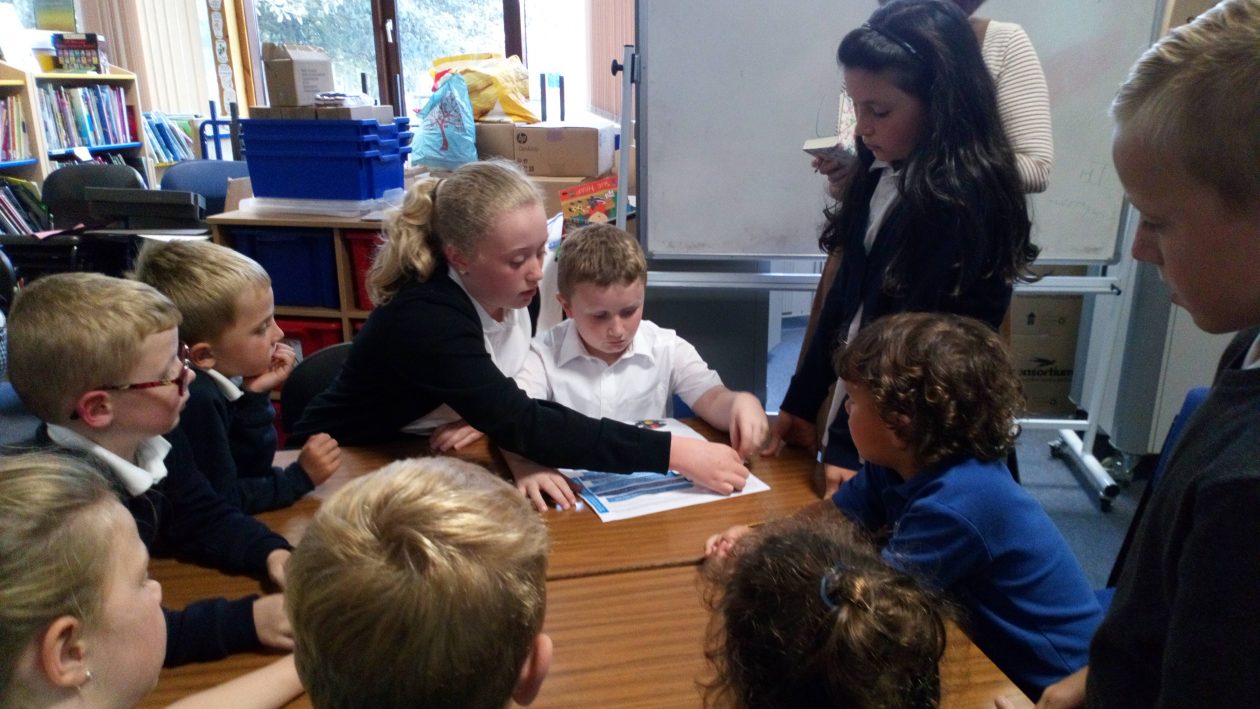
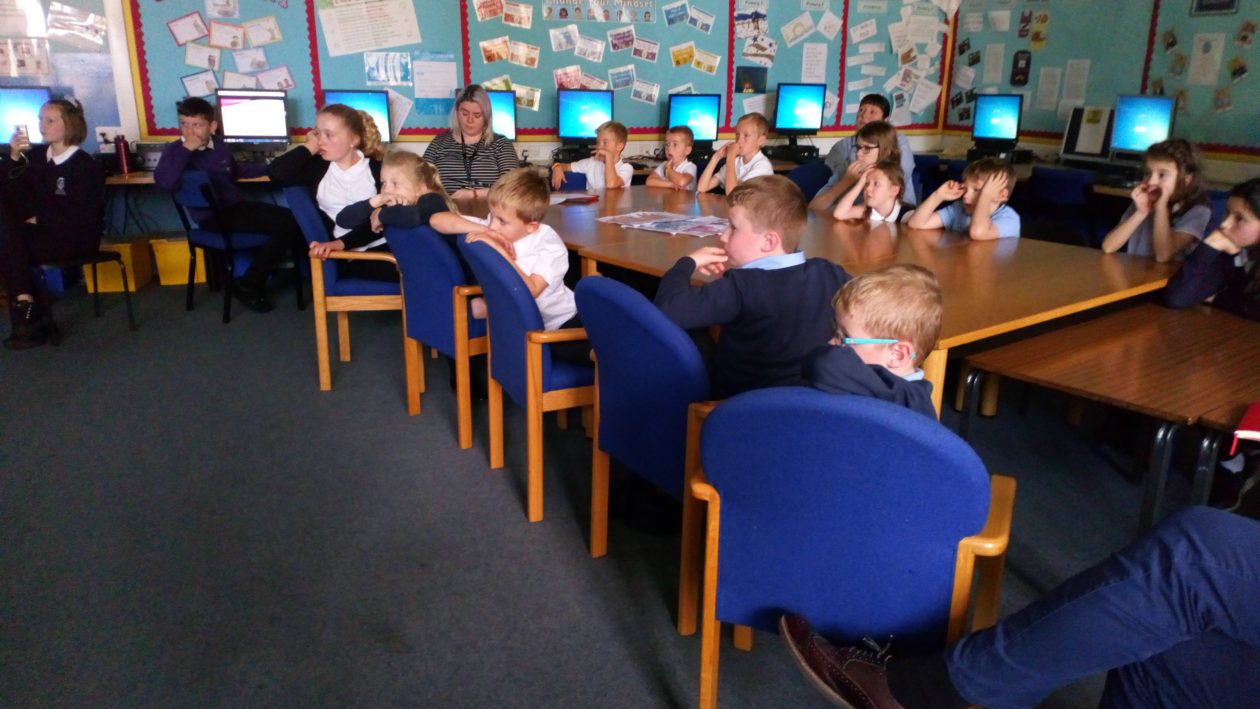
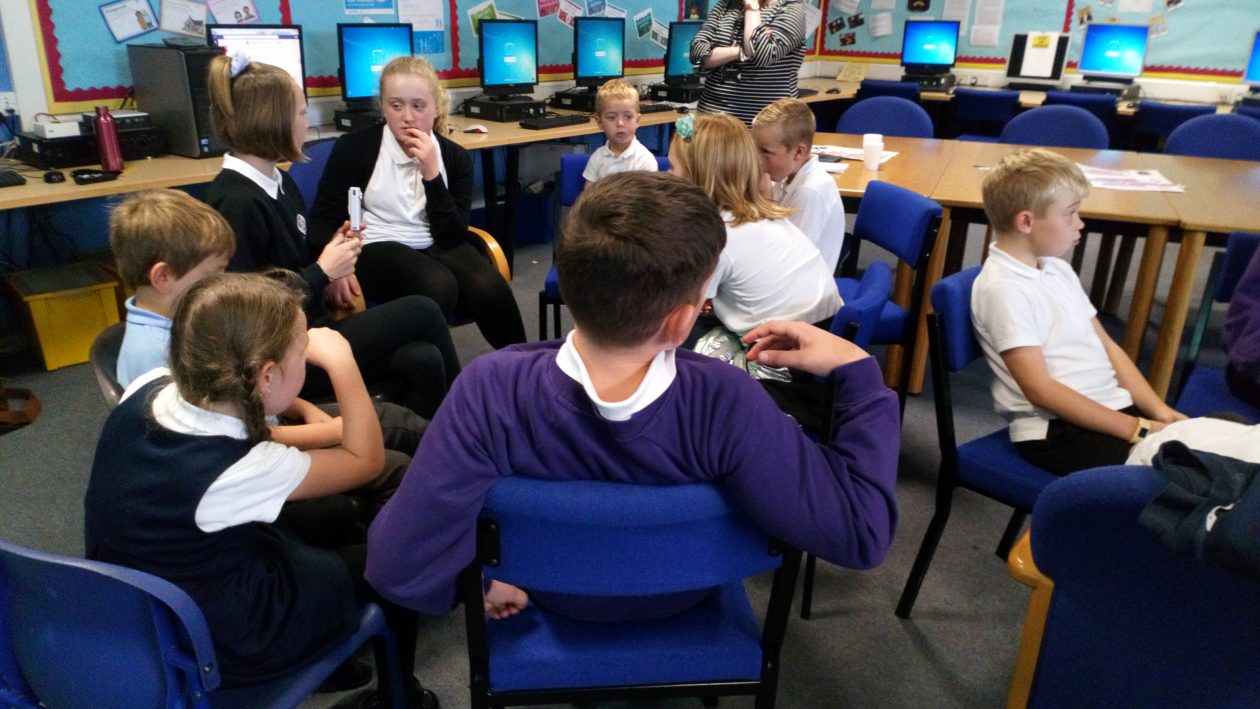
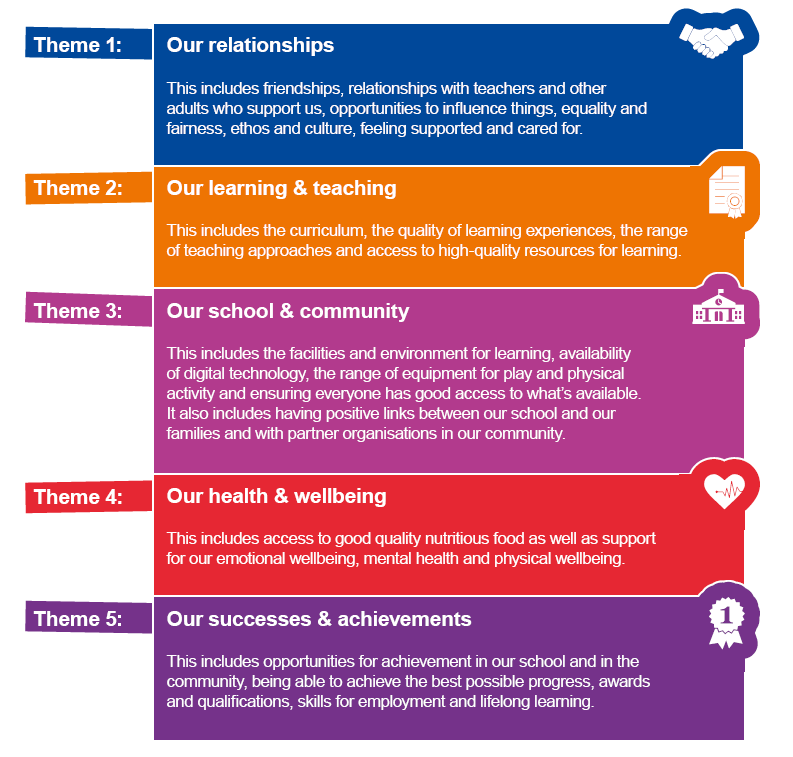
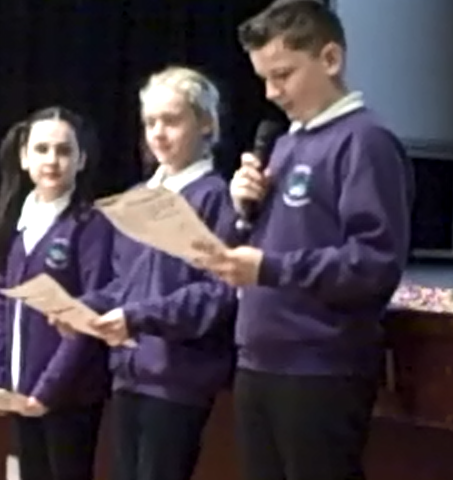
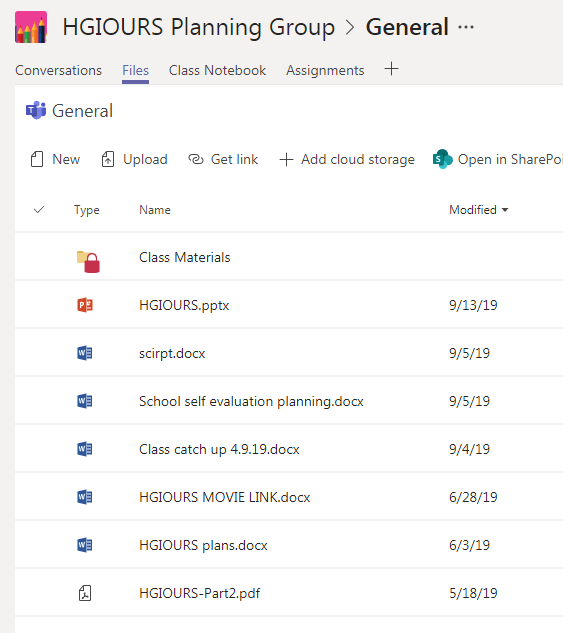
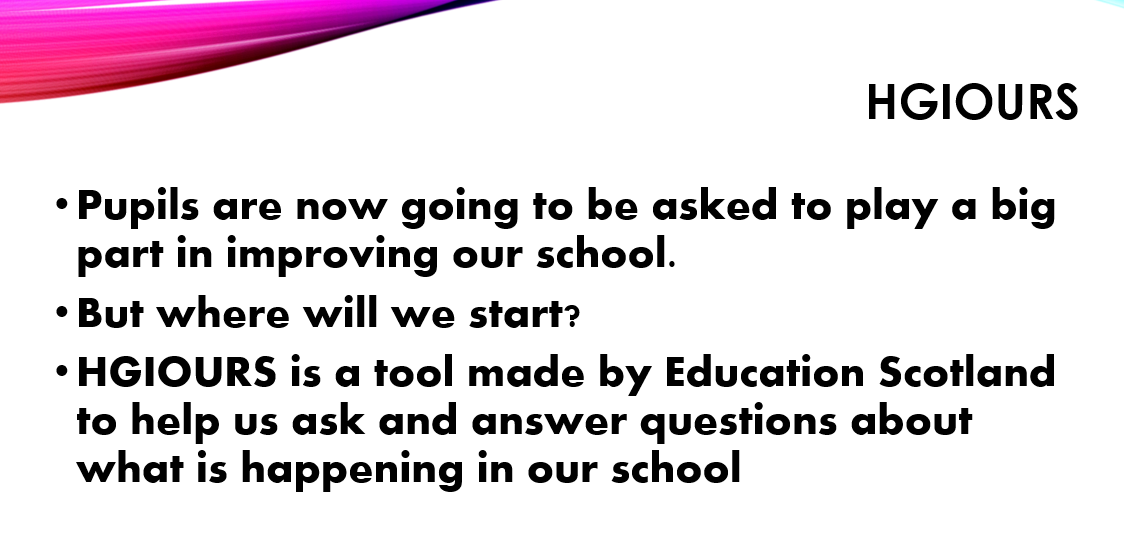
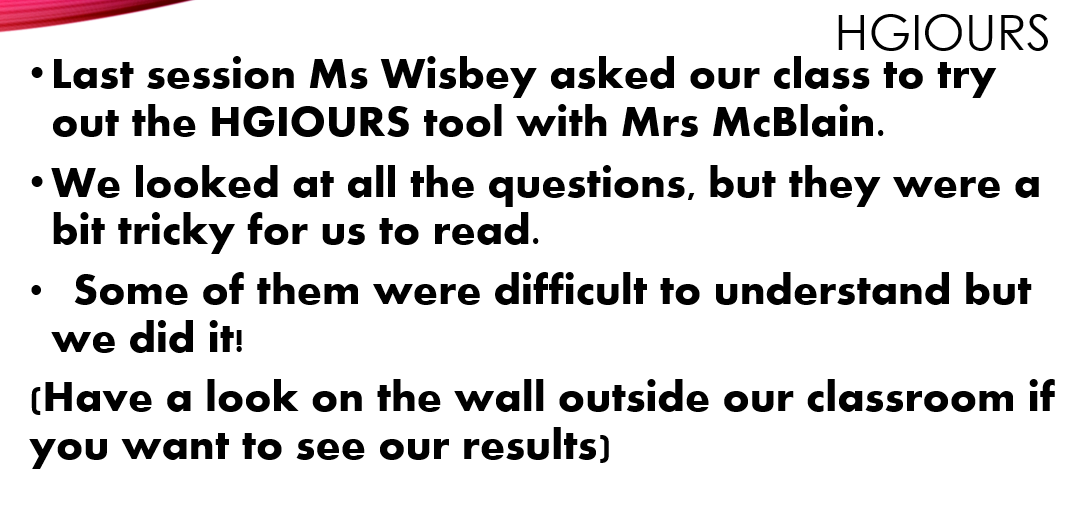
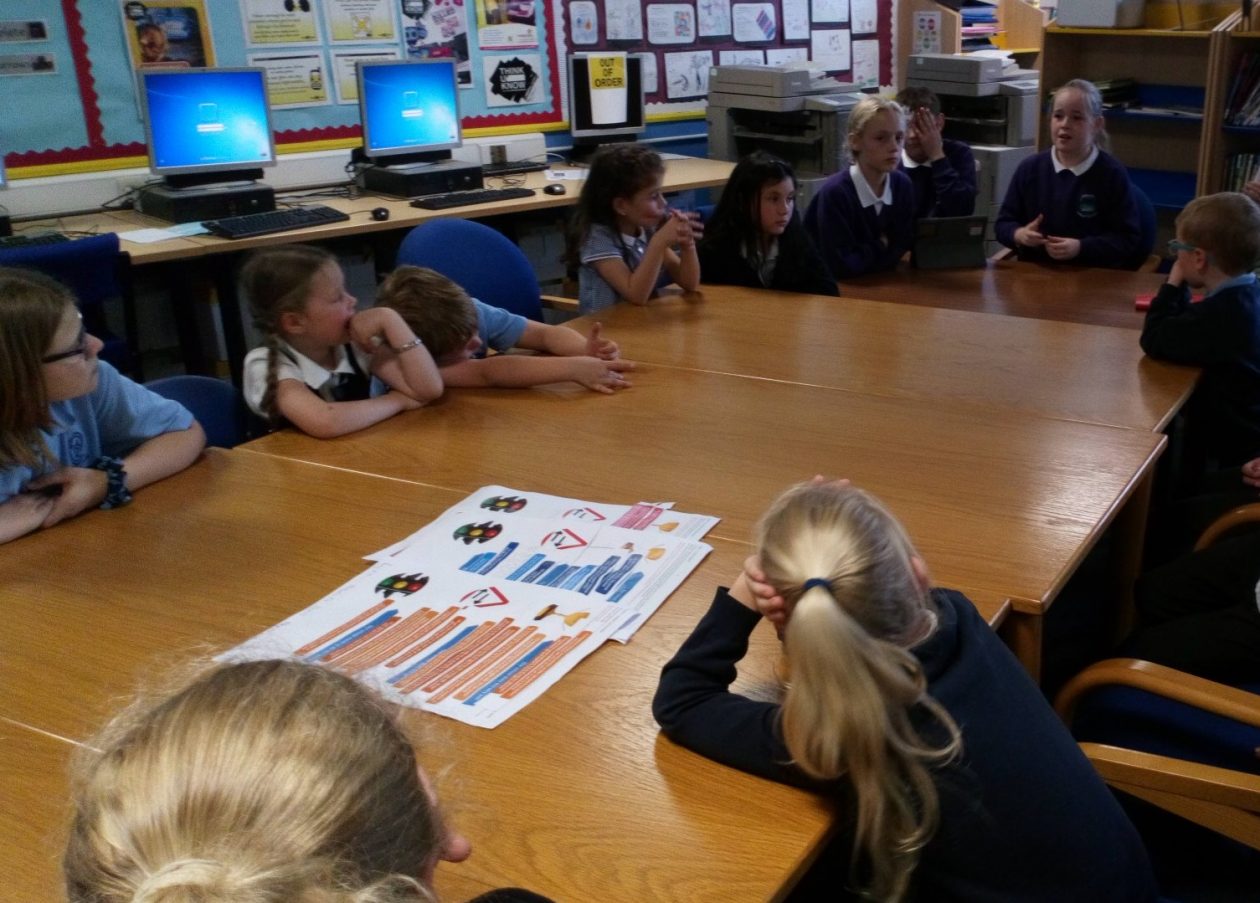
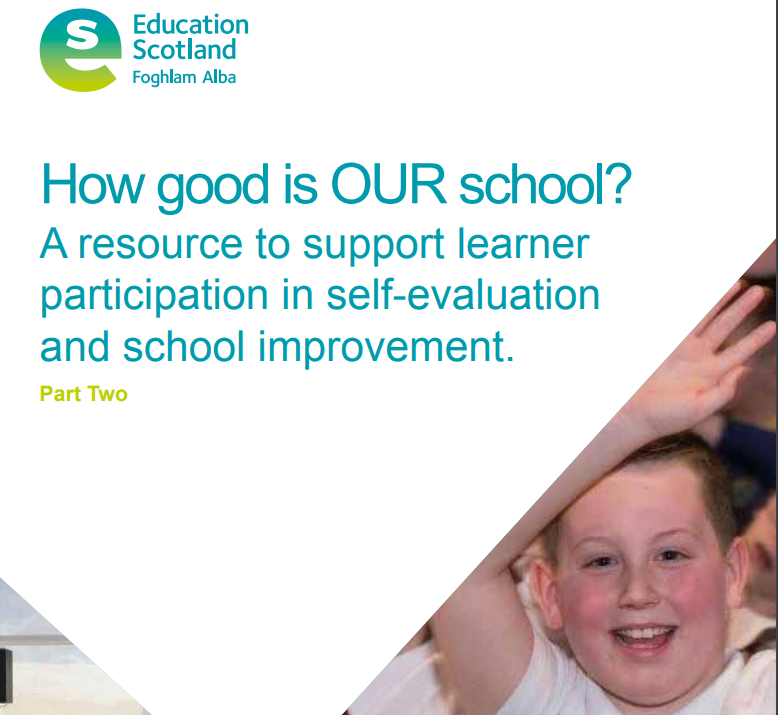
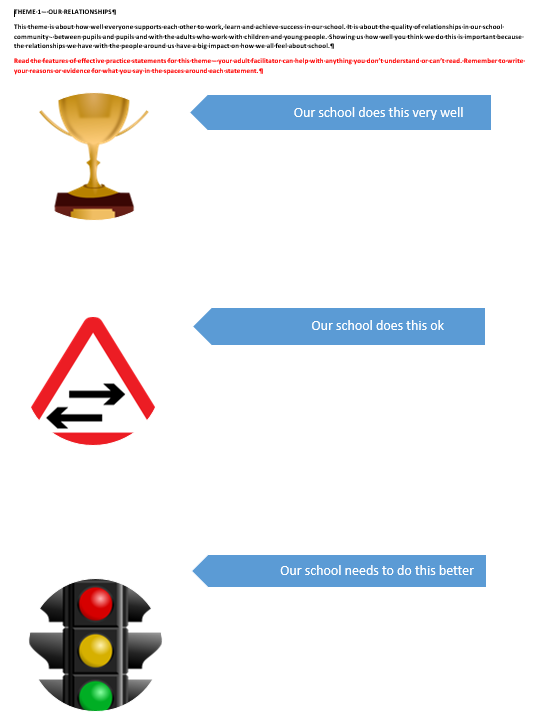
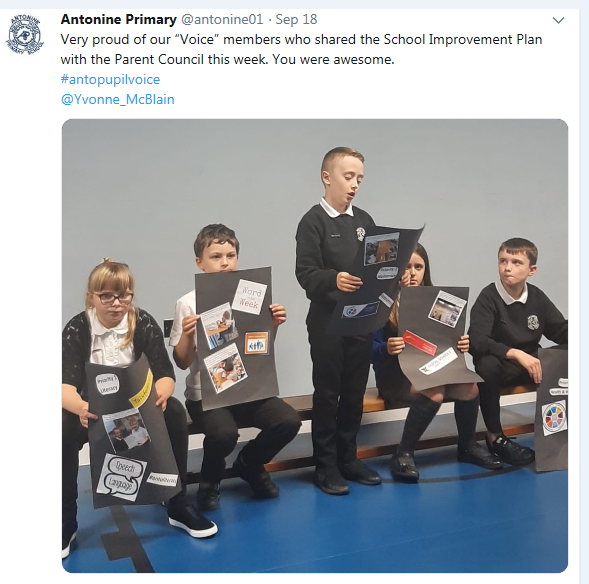
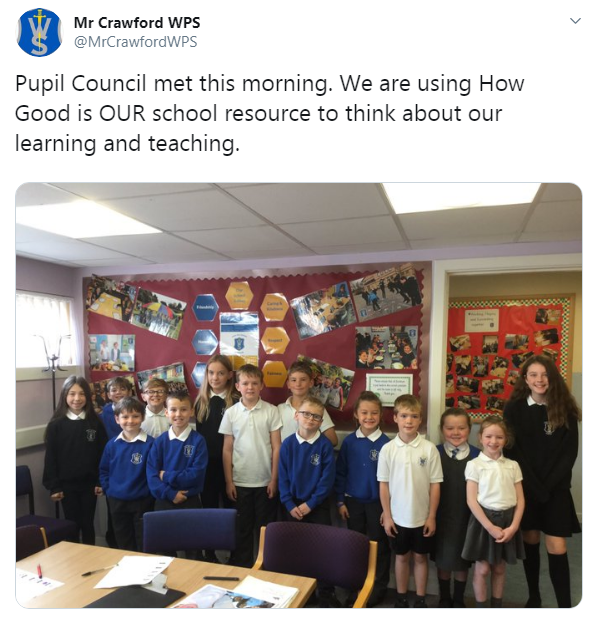
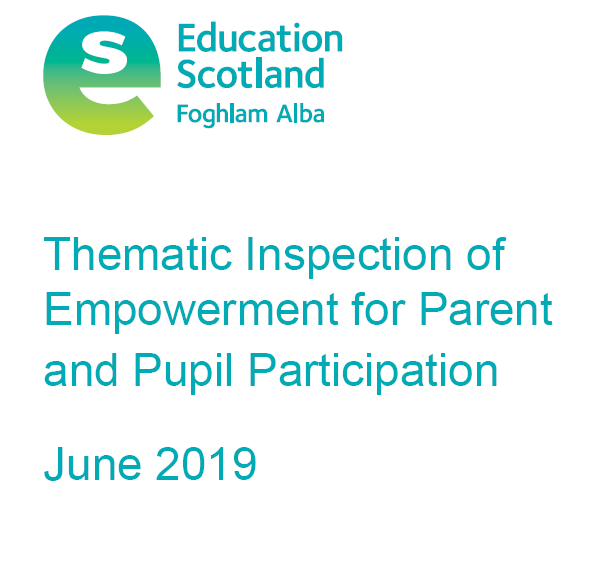
 Yvonne McBlain has been working with probationer support team colleagues and colleagues in schools for the last 4 years to promote practitioner enquiry as an integral element of good practice. Practitioner Enquiry has been a mandatory part of each professional standard defined by the General Teaching Council for Scotland since 2012 – click
Yvonne McBlain has been working with probationer support team colleagues and colleagues in schools for the last 4 years to promote practitioner enquiry as an integral element of good practice. Practitioner Enquiry has been a mandatory part of each professional standard defined by the General Teaching Council for Scotland since 2012 – click 

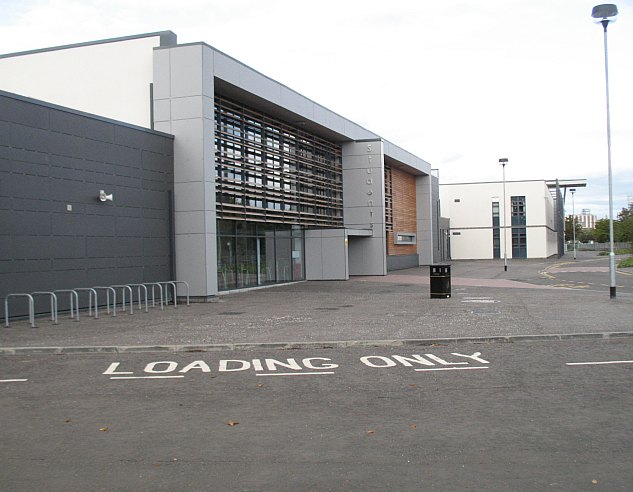
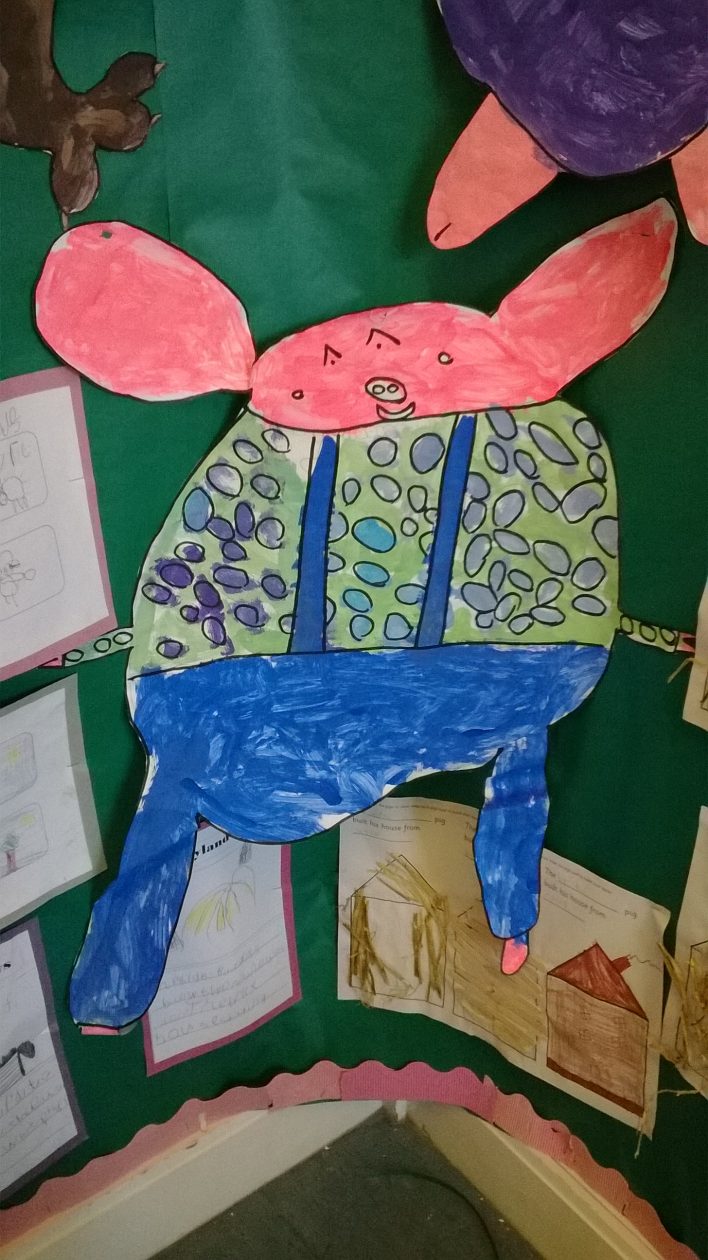
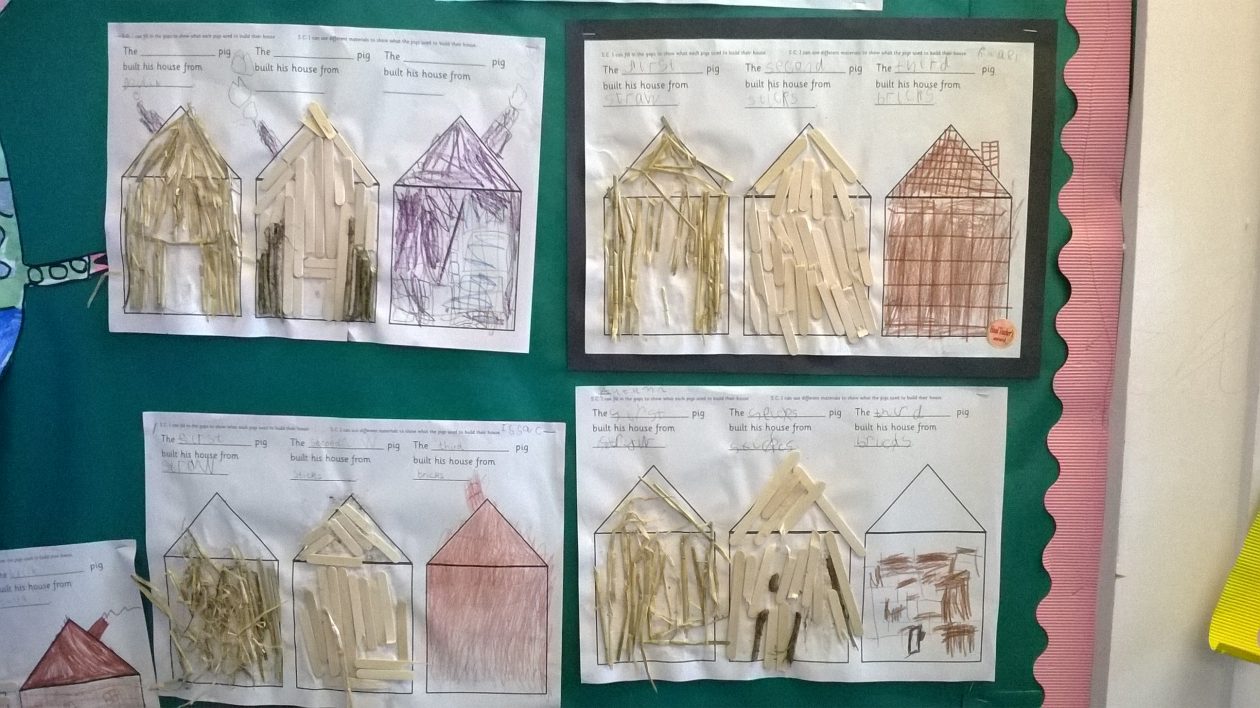 Rebecca Spalding and Rachel Keane are using the Storyline approach to develop their pupils’ language and literacy skills. They are class teachers at Moray Primary school – Rebecca has a primary 1 class, and Rachel teaches primary 2 pupils. They chose a Fairy tale context to target specific language skills and have been supporting each other in planning the structure of their storyline episodes since February. Both teachers feel the approach has had a very positive impact on their pupils’ literacy and personal skills.
Rebecca Spalding and Rachel Keane are using the Storyline approach to develop their pupils’ language and literacy skills. They are class teachers at Moray Primary school – Rebecca has a primary 1 class, and Rachel teaches primary 2 pupils. They chose a Fairy tale context to target specific language skills and have been supporting each other in planning the structure of their storyline episodes since February. Both teachers feel the approach has had a very positive impact on their pupils’ literacy and personal skills.